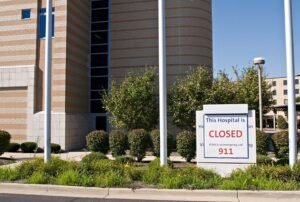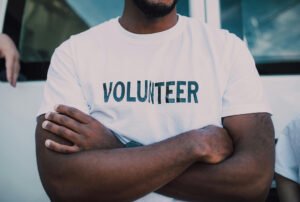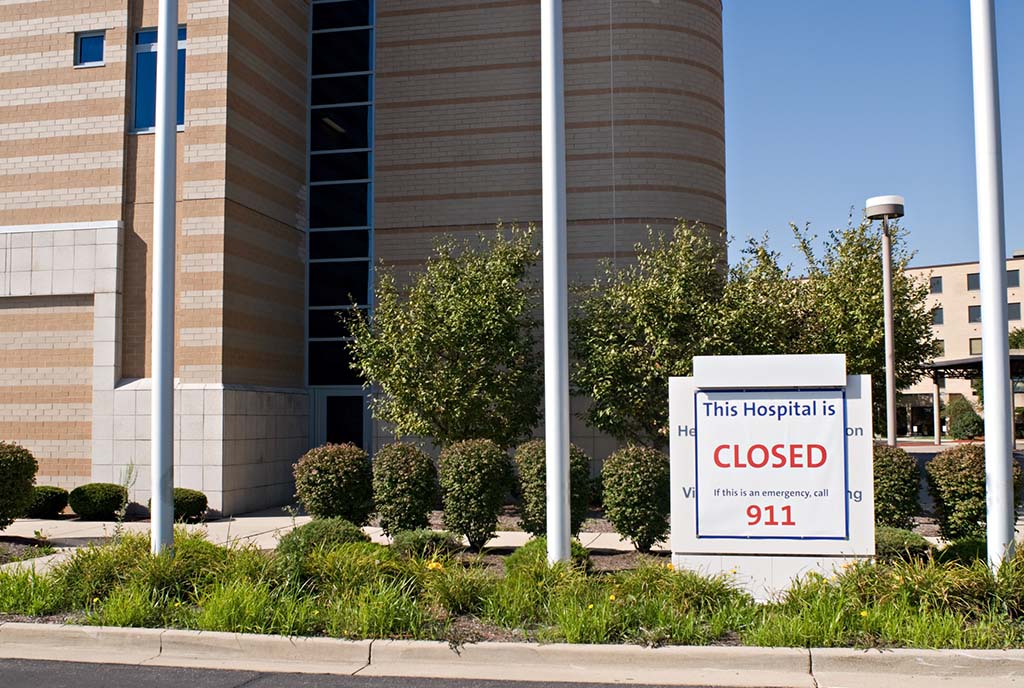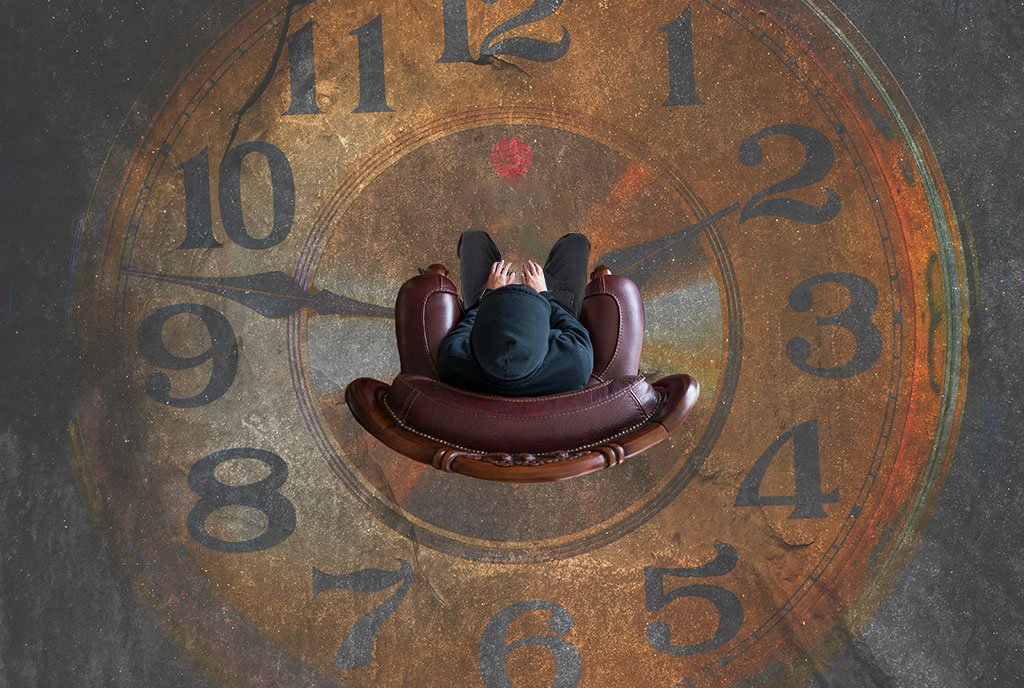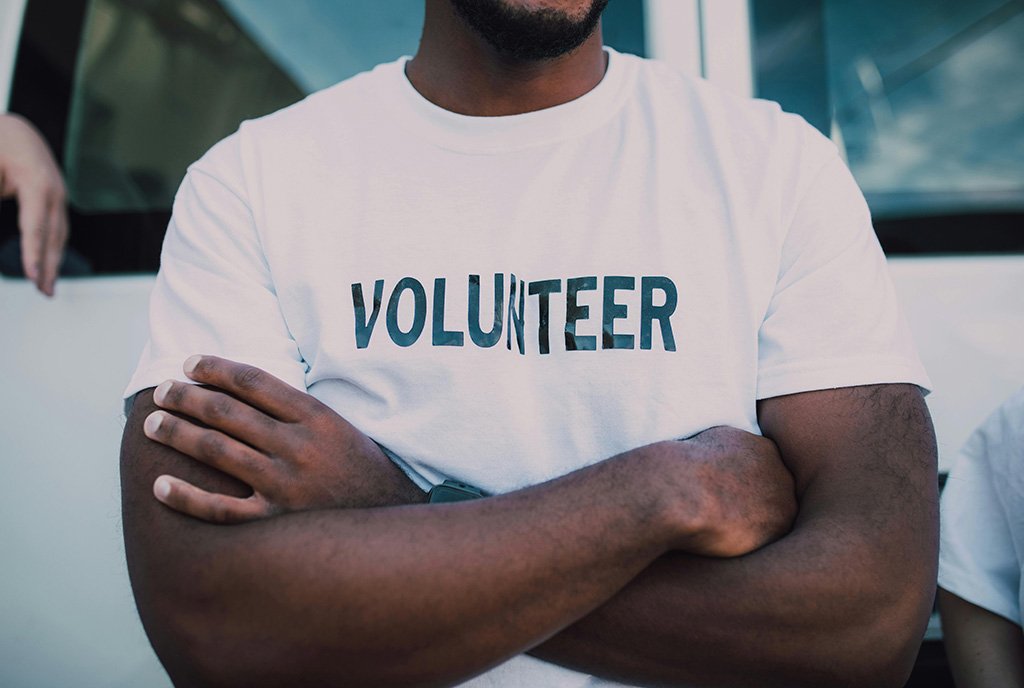
March 31, 2020; Chronicle of Higher Education and NBC Washington
There have been conflicting stories regarding Liberty University in Lynchburg, Virginia, and the school’s president, Jerry Falwell, Jr.’s, decision to bring students back to campus after spring break, disregarding the COVID-19 crisis.
The New York Times reported on Sunday that, according to Thomas W. Eppes, Jr. a local physician and the head of the school’s student health services, up to 11 students at Liberty University in Lynchburg, Virginia, are quarantined or being tested due to possible symptoms of COVID-19. Hundreds of students, just returned from the break, are packing their books and belongings and leaving.
School president Jerry Falwell, Jr disputed the story and placed a list of numbers on the school’s website. Those figures say that while there were 8,000 students in dormitories before spring break, there were only 1,900 after break on March 23, and that number was down to 1,045 on Sunday when the Times article was published.
Mixed messages from Liberty, local government, and news sources have left parents and students confused and anxious. Falwell denies that he misled local officials about the projected number of students that would be on campus when he called the students back, even though Virginia governor Ralph Northam had already banned groups of more than 100 earlier in the month. The mayor of Lynchburg stated she was led to believe that the students staying at the school would only be international students and those who had no other place to go.
Sign up for our free newsletters
Subscribe to NPQ's newsletters to have our top stories delivered directly to your inbox.
By signing up, you agree to our privacy policy and terms of use, and to receive messages from NPQ and our partners.
Falwell invited students to come back to the campus, even though Liberty had a vigorous online teaching program prior to the pandemic. Liberty officials said, in a public statement, “President Falwell never promised how many students would return. He had no idea, frankly.”
The university asserts it has one student who has been tested for COVID-19 and confirmed positive. Four students who had been in the New York City area were self-quarantined two miles away in rooms in a former hotel the school owns.
Liberty’s not the only school with students remaining in dormitories even as they are taking classes online. Many universities are allowing students without safe alternative options to remain on campus; libraries are closed, but food services remain open for takeout. This applies across the US, from University of California campuses to the State University of New York at Buffalo, which has about 1,500 remaining in its dormitories out of 8,000 who were there in the fall.
But Liberty’s students have complained that the administration wasn’t taking the crisis seriously—or at least not communicating the degree of severity. One senior says that Falwell’s “saying blatantly false things and soft-pedaling conspiracy theories” led others to believe they would be safe sitting or walking close together on school grounds. Another says, “I don’t think that people, even at my age, should be subjected to a virus that could potentially kill. It is so hypocritical that people who would advocate pro-life are OK with this.”
In the end, the point is now moot. Governor Northam has stopped all colleges and universities in the state from having any in-person classes, issuing a stay-at-home order that continues through June 10, 2020. The governor has made it illegal, a misdemeanor, for groups of 10 or more to gather together, including classrooms and places of worship.—Marian Conway


